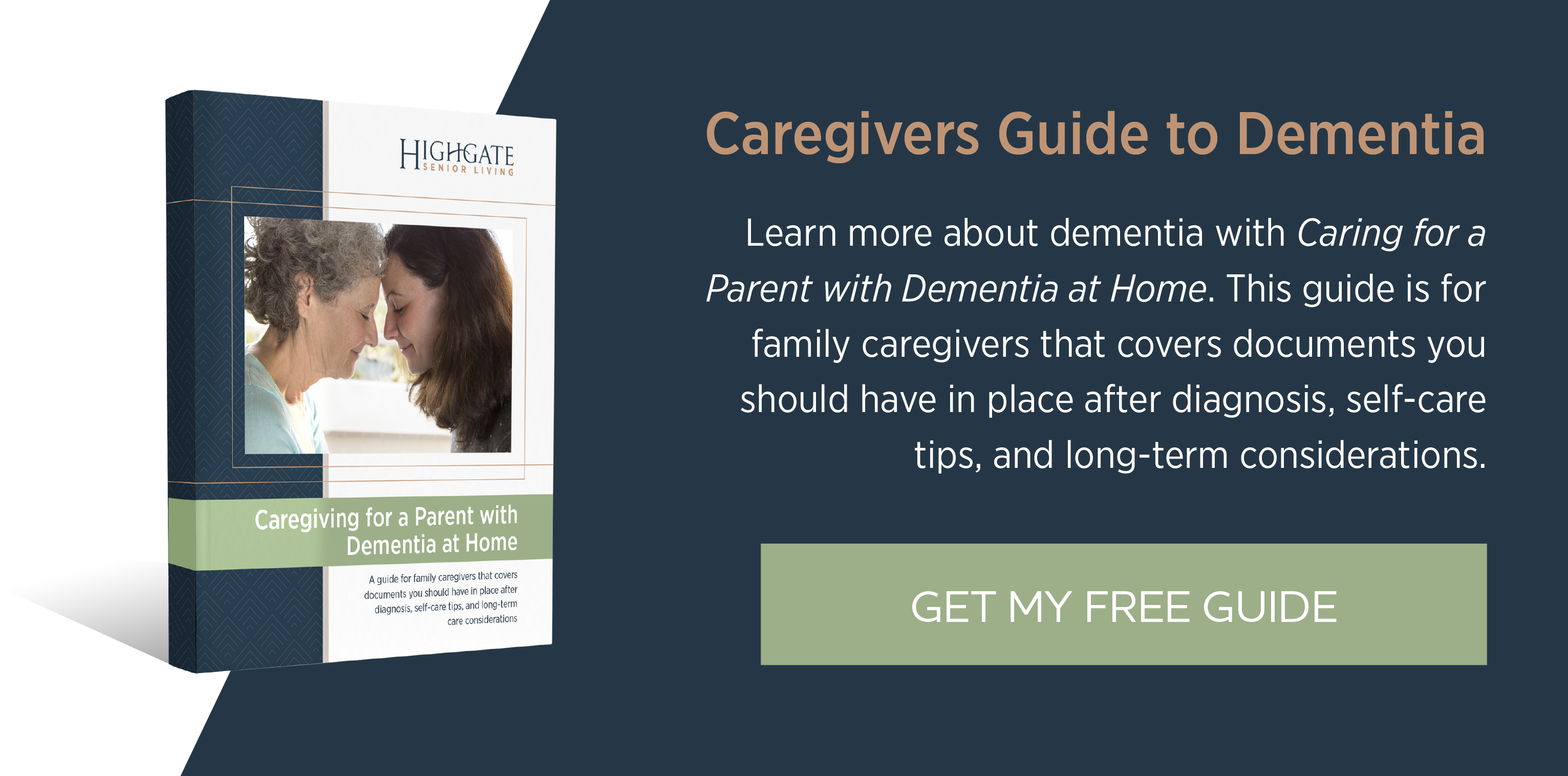
Managing a parent’s medications can be a stressful task, whether or not your parent has dementia. But, couple managing multiple medications with paranoia, stubbornness, or difficulty swallowing and the task becomes doubly difficult.
Juggling multiple medications and supplements is a big responsibility. Not only are family caregivers typically responsible for filling and setting up weekly medications, but along with medication management comes the responsibility of ensuring there are no adverse drug interactions or side effects.
4 Reasons Family Caregivers Take on the Responsibility of Medication Management
As your loved one gets older, their ability to manage their own medications can become more and more difficult. This could be due to the changes they are experiencing in their mental status, or it could occur because of the growing number of medications and increasingly complex dosing schedules they have. Regardless of the reason, mismanagement of medications directly affects your loved one’s safety. Here are four reasons families choose to manage a parent’s medications for them.
1. Medical Emergencies
When emergency medical professionals respond to someone’s home, they typically ask what medications your parent is taking. Since many older adults with dementia see more than one physician, it can be difficult for the local hospital to track down all medications and doses quickly and efficiently to ensure your loved one doesn’t miss a dose. Depending on the complexity of the medications taken by your parent, as well as the urgency to transport your loved one, emergency medical teams may not have the time to sift through pill bottles and write down all pertinent information.
2. Adverse Medication Interactions
You might have noticed your loved one acting differently after starting a new medication. Perhaps they seem more agitated than usual, confused, or tired. Not only can these symptoms lead to taking the wrong medications or doses, but it’s also difficult to notice these types of changes in yourself.
Perhaps one of the most important reasons family caregivers choose to manage a parent’s medications is the ability to advocate for a parent. With multiple medical professionals in the mix (who may not always communicate with each other when medications change), your parent is at a higher risk for negative drug interactions.
3. Drug Addiction
Whether it be because of depression, anxiety, or chronic pain that doesn’t ever seem to go away, drug addiction among older adults has been on the rise. In fact, as many as 17 percent of adults age 60 and over abuse prescription medications.
4. Forgetting to Take Medications
Discovering your loved one hasn’t been taking their medications correctly can be quite the scare. Especially if those medications help mood disturbances often associated with dementia. Equally as alarming is forgetting to take medications that manage disorders like diabetes or blood pressure. Besides being downright alarming, missing medications can cause a medical emergency and avoidable hospitalization.
Tips for Administering Medications with Someone with Dementia
Deciding to take on the management of a parent’s medications is only half of the battle. Depending on the stage of dementia, parents can sometimes refuse to cooperate. Here are tips to help make giving a parent their medications a little easier.
1. Positive Encouragement
Positive encouragement can go a long way. Sometimes the sheer volume of medications needed in a day can be frustrating. Focus your parent on the activities the two of you can enjoy after they take their medication. If all else fails, take a break from trying to give your parent their medications, and re-approach a few minutes later. Spend time talking about something that makes them happy, and then re-address the medications they need to take.
2. Use Food or Drink
Some pills can be hard to swallow to begin with. As dementia advances, it can also make swallowing difficult. Using a small amount of apple sauce or pudding can make it easier to swallow. Some medications can be crushed, but this should only be done after consulting a doctor. Extended-release medications have special coating and are not crushable. Some medications that are delivered in capsule form are also best taken whole based on how they are absorbed in the body. If all else fails, ask your physician if a liquid form of the medication is available, but keep in mind the taste may make the medication still undesirable to take.
3. Change the Environment
Sometimes a short walk or transitioning into another room in the house can be enough to re-orient a parent. If the resistiveness to taking medications is stemming from confusion or agitation, try taking a leisurely stroll, or spend a few minutes looking at those old pictures on the mantle.
Did you find these tips helpful? Find more useful tips in our eBook.






